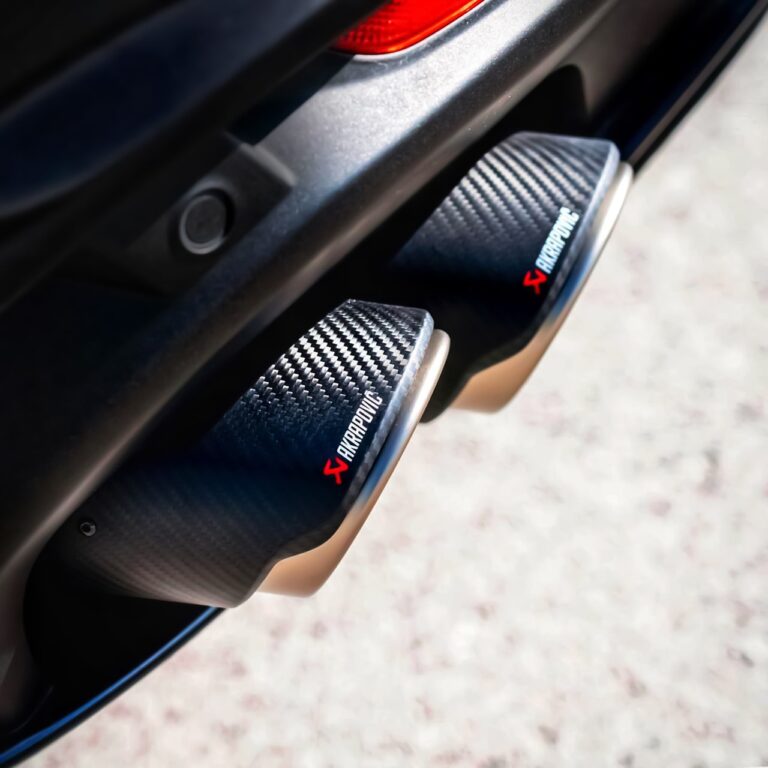Blockchain for Automotive Supply Chain Efficiency
silver exchange, goldenexch login, betbook247.com login:Blockchain for Automotive Supply Chain Efficiency
The automotive industry is one of the largest and most complex supply chains in the world. From sourcing raw materials to manufacturing components to assembling vehicles, the automotive supply chain involves a vast network of suppliers, manufacturers, distributors, and retailers. With so many moving parts, it’s no surprise that inefficiencies can arise, leading to delays, errors, and increased costs.
Blockchain technology has emerged as a promising solution to improve transparency, traceability, and efficiency in supply chains across various industries, including automotive. By leveraging blockchain, automotive companies can streamline processes, reduce costs, and enhance trust and collaboration among supply chain partners. In this blog post, we’ll explore the potential benefits of using blockchain for automotive supply chain efficiency.
1. What is Blockchain?
Blockchain is a decentralized, distributed ledger technology that enables secure, transparent, and immutable record-keeping of transactions across a network of computers. Each block in the blockchain contains a timestamped list of transactions, which are linked together using cryptographic hashes. Once a block is added to the chain, it cannot be altered or deleted, ensuring the integrity and security of the data stored on the blockchain.
2. Benefits of Blockchain for Automotive Supply Chain Efficiency
– Enhanced Transparency: Blockchain provides real-time visibility into the movement of goods, parts, and vehicles throughout the supply chain. With transparent and tamper-proof records, automotive companies can track the provenance of components, verify authenticity, and ensure compliance with regulations.
– Improved Traceability: By recording every transaction and interaction on the blockchain, automotive companies can trace the journey of a product from raw material to final assembly. In the event of a recall or quality issue, blockchain enables rapid identification of affected products, reducing the time and cost of investigating and resolving supply chain issues.
– Secure Data Sharing: Blockchain uses encryption and consensus algorithms to secure data and verify the authenticity of transactions. This ensures that sensitive information, such as pricing, contracts, and intellectual property, is shared securely among supply chain partners while maintaining data privacy and confidentiality.
– Streamlined Payments: Blockchain enables automated smart contracts, which execute pre-defined rules and conditions when certain criteria are met. Automotive companies can use smart contracts to automate payment processes, reduce transaction costs, and eliminate disputes over invoices and payments.
– Increased Efficiency: By digitizing and automating manual processes, blockchain reduces paperwork, manual data entry, and administrative overhead in the supply chain. This improves the speed and accuracy of transactions, streamlines communication between partners, and minimizes delays in production and delivery.
– Enhanced Trust and Collaboration: Blockchain fosters trust among supply chain partners by providing a shared, immutable record of transactions and agreements. By eliminating intermediaries and decentralizing control, blockchain encourages collaboration, cooperation, and innovation among stakeholders in the automotive ecosystem.
3. Use Cases of Blockchain in Automotive Supply Chain
– Supply Chain Management: Automotive companies can use blockchain to monitor and optimize the flow of materials, parts, and products across the supply chain. By recording transactions, verifying authenticity, and tracking inventory levels in real-time, blockchain improves visibility, control, and coordination of supply chain operations.
– Product Lifecycle Management: Blockchain enables automotive companies to track the entire lifecycle of a vehicle, from design and production to sales and maintenance. By storing product information, service records, and warranty details on the blockchain, manufacturers can enhance after-sales support, improve customer satisfaction, and increase resale value.
– Regulatory Compliance: Blockchain helps automotive companies comply with industry standards, government regulations, and sustainability requirements. By creating transparent and auditable records of environmental impact, labor practices, and safety standards, blockchain enhances accountability, transparency, and sustainability in the automotive supply chain.
– Counterfeit Prevention: Blockchain can help prevent the entry of counterfeit parts, components, and products into the automotive supply chain. By immutably recording the provenance and authenticity of each item on the blockchain, manufacturers can verify the legitimacy of suppliers, detect counterfeit products, and protect their brand reputation.
4. Challenges and Considerations for Implementing Blockchain
While blockchain offers many benefits for automotive supply chain efficiency, implementing this technology poses several challenges and considerations for companies:
– Integration with Existing Systems: Integrating blockchain with legacy systems, ERP software, and third-party applications can be complex and time-consuming. Automotive companies need to carefully plan and execute the integration of blockchain to ensure compatibility, interoperability, and data consistency across the supply chain.
– Data Privacy and Security: Blockchain stores data in an immutable and decentralized ledger, which raises concerns about data privacy, security, and compliance with regulations such as GDPR. Automotive companies must implement robust cybersecurity measures, encryption standards, and access controls to protect sensitive information on the blockchain.
– Scalability and Performance: As the automotive supply chain grows in complexity and volume, blockchain networks must scale to accommodate the increasing number of transactions and participants. Companies need to evaluate the scalability, throughput, and performance of blockchain platforms to ensure fast, reliable, and cost-effective operations in the supply chain.
– Governance and Consortium Building: Blockchain requires collaboration and consensus among multiple stakeholders in the supply chain. Automotive companies need to establish governance models, decision-making processes, and incentive mechanisms to encourage participation, promote trust, and ensure the sustainability of blockchain networks.
5. Future Outlook and Trends in Blockchain for Automotive Supply Chain
As blockchain technology continues to evolve and mature, we can expect to see several trends and developments in the automotive supply chain:
– Interoperability and Standards: Industry consortia, standards bodies, and regulatory authorities are working to establish interoperability standards, best practices, and governance frameworks for blockchain in the automotive supply chain. By promoting open collaboration and alignment among stakeholders, these initiatives aim to accelerate the adoption and integration of blockchain across the industry.
– Internet of Things (IoT) Integration: The integration of blockchain with IoT devices, sensors, and smart devices enables real-time monitoring, tracking, and automation of processes in the automotive supply chain. By combining blockchain with IoT, automotive companies can improve data integrity, optimize resource utilization, and enhance decision-making based on real-time insights.
– Artificial Intelligence and Machine Learning: Blockchain can enhance the effectiveness of AI and ML algorithms by providing high-quality, reliable data for training, testing, and validation. Automotive companies can leverage blockchain to securely share data, collaborate on AI models, and enhance predictive analytics for demand forecasting, inventory management, and supply chain optimization.
– Circular Economy and Sustainability: Blockchain can enable traceability, transparency, and accountability in sustainable practices, circular economy initiatives, and ethical sourcing in the automotive supply chain. By recording environmental impact, carbon emissions, and social responsibility on the blockchain, companies can demonstrate their commitment to sustainability, compliance, and ethical business practices.
6. Conclusion
Blockchain has the potential to revolutionize the automotive supply chain by enhancing transparency, traceability, and efficiency while fostering trust, collaboration, and innovation among stakeholders. By leveraging blockchain technology, automotive companies can streamline processes, reduce costs, and improve customer satisfaction in a rapidly evolving and competitive industry.
FAQs
Q: How does blockchain improve transparency in the automotive supply chain?
A: Blockchain provides real-time visibility into the movement of goods, parts, and vehicles throughout the supply chain by recording transactions and interactions on a secure, transparent ledger.
Q: What are the benefits of using smart contracts in the automotive supply chain?
A: Smart contracts automate payment processes, enforce contractual agreements, and reduce disputes over invoices and payments, leading to lower transaction costs and faster settlement times.
Q: How can blockchain help prevent counterfeit parts in the automotive supply chain?
A: By storing the provenance and authenticity of each item on the blockchain, manufacturers can verify the legitimacy of suppliers, detect counterfeit products, and protect their brand reputation from counterfeit parts.
Q: What are the challenges of implementing blockchain in the automotive supply chain?
A: Challenges include integration with existing systems, data privacy and security concerns, scalability and performance issues, and governance and consortium building among multiple stakeholders in the supply chain.
Q: What are the future trends and developments in blockchain for the automotive supply chain?
A: Trends include interoperability and standards, IoT integration, AI and ML collaboration, and circular economy and sustainability initiatives to enhance transparency, traceability, and accountability in the automotive supply chain.







